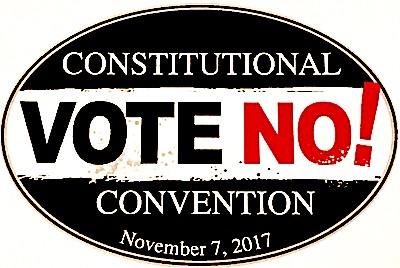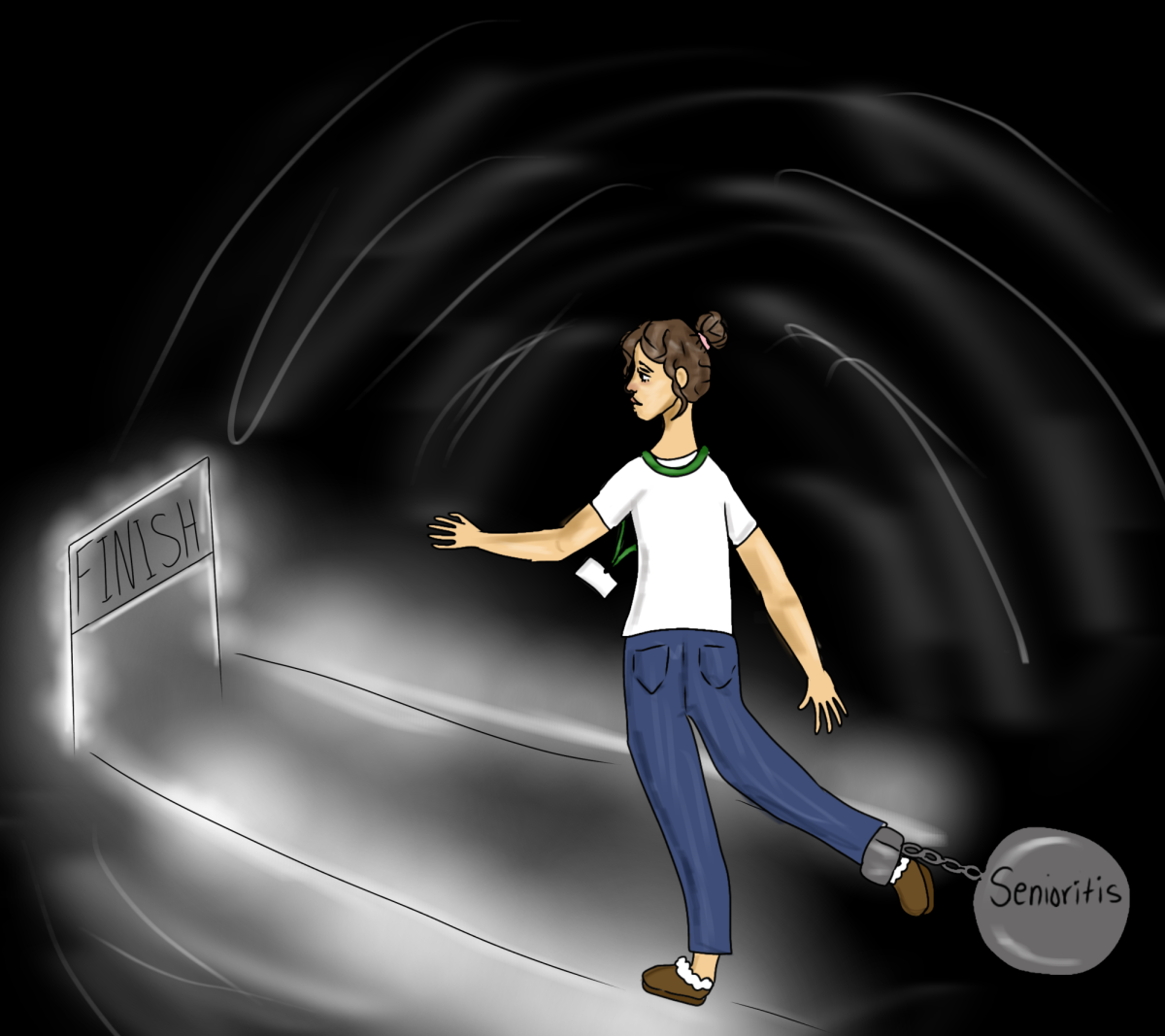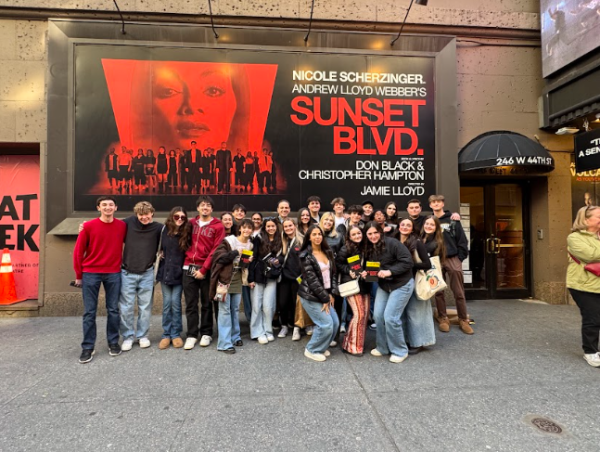A Look at “Vote No”

Every twenty years, New Yorkers can vote on a constitutional convention. In the history of New York, 12 constitutional conventions have been voted on, seven have been held, and four have resulted in new state constitutions. There will be a proposal for a constitutional convention on the back of the ballot on November 7.
If the majority votes in favor of the constitutional convention, a group of 204 delegates would be elected on November 6, 2018, and a convention would be held on April 2, 2019, where delegates would meet and rewrite or amend the New York State Constitution. Delegates would approve changes to the constitution, then voters would have to approve those changes in a referendum.
The most recent New York Constitutional Convention was approved on November 2, 1965, and was held in 1967. This convention made several changes to the constitution. It added to the Bill of Rights, making it illegal to have laws limiting religious freedom. It also added more school aid programs, adjusted the court system, and made it legal for the legislature to claim debt without it being voted on. It was 53.38% of voters who favored the Convention in the 1965 vote.
Many people are against the passing of a constitutional convention in 2017, as it could pose a threat to public pensions and other rights and protections preserved under the current state constitution. Many groups and organizations have spoken out against the constitutional convention. One of these groups is the New York State Parent Teacher Association. They are concerned that the right to education could be threatened, as it is a right listed in the state constitution. They also say that human and social services, environmental protections, and pension protections could be put at risk. Donna Smith, a retired elementary school teacher, said, “I feel like [a constitutional convention] is a really bad idea on so many levels. It will cost taxpayers enormous amounts, to open the entire constitution, and I can’t think of a positive thing that will come out of it. As a public servant, someone who receives a pension, it could take that away, which is how my husband and I live, and I don’t know how I’d go forward without that. Even though my pension is a big concern, I think, looking at the bigger picture, I’m concerned that public servants will lose the right to negotiate and have unions. Public servants are at the mercy of the people–taxpayers pay their salaries, and unions protect them from unfair firing and unfair treatment. Currently, nepotism is prevented by unions, and I’m worried that the public could decrease unions through the constitutional convention, and public servants could lose the right to collective bargaining and unionizing.”
People say that there are too many rights and protections that could be threatened and that it would not be safe to approve a constitutional convention. Mike Harris, a retired FDNY firefighter, said, “My union has recommended that we vote no, as the [current] constitution has worker protections, and protections of safety and pensions. If there is a constitutional convention, we could potentially lose those protections, and I don’t see any benefit to doing that. Right now, if New York has financial problems, they still have to pay our pensions, but you don’t know if they might change something like that.”
It is also expected that taxes would be raised to pay the delegates that would be involved in the convention. Principal Joseph Rainis said, “From what I’ve read, delegates to the constitutional convention are paid very handsomely, and someone needs to pay that, which would be the taxpayers. A constitutional convention is a very expensive proposition, and citizens don’t get to select the delegates, so it’s not very democratic, and it’s expensive.”
Several groups are also urging that a constitutional convention is needed. Many say that the constitution needs change and reform, and the only way to make those changes would be a constitutional convention. Another argument posed is that changes need to be made to combat corruption in Albany. According to the October 26 LI Herald (liherald.com) article entitled, “Vote ‘yes’ on a constitutional convention,” a convention would allow for New Yorkers to enact stronger ethics reforms for lawmakers and term limits for state legislators.

I am the editor-in-chief for Horizon.com and a member of the Class of 2021 at Lynbrook High School. In my free time, I like to swim, run, and play music.







































